5 results in Cambridge Studies on Governing Knowledge Commons
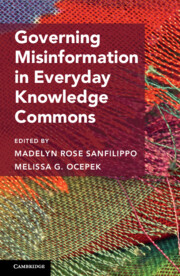
Governing Misinformation in Everyday Knowledge Commons
- Coming soon
-
- Expected online publication date:
- March 2025
- Print publication:
- 20 March 2025
-
- Book
- Export citation
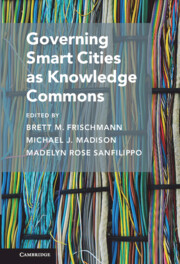
Governing Smart Cities as Knowledge Commons
-
- Published online:
- 18 February 2023
- Print publication:
- 09 February 2023
-
- Book
-
- You have access
- Open access
- Export citation
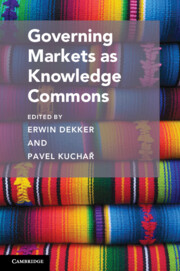
Governing Markets as Knowledge Commons
-
- Published online:
- 09 December 2021
- Print publication:
- 16 December 2021
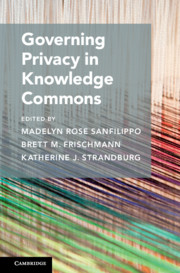
Governing Privacy in Knowledge Commons
-
- Published online:
- 29 March 2021
- Print publication:
- 25 March 2021
-
- Book
-
- You have access
- Open access
- Export citation
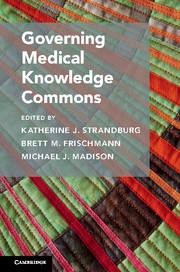
Governing Medical Knowledge Commons
-
- Published online:
- 12 October 2017
- Print publication:
- 12 October 2017
-
- Book
-
- You have access
- Open access
- Export citation

